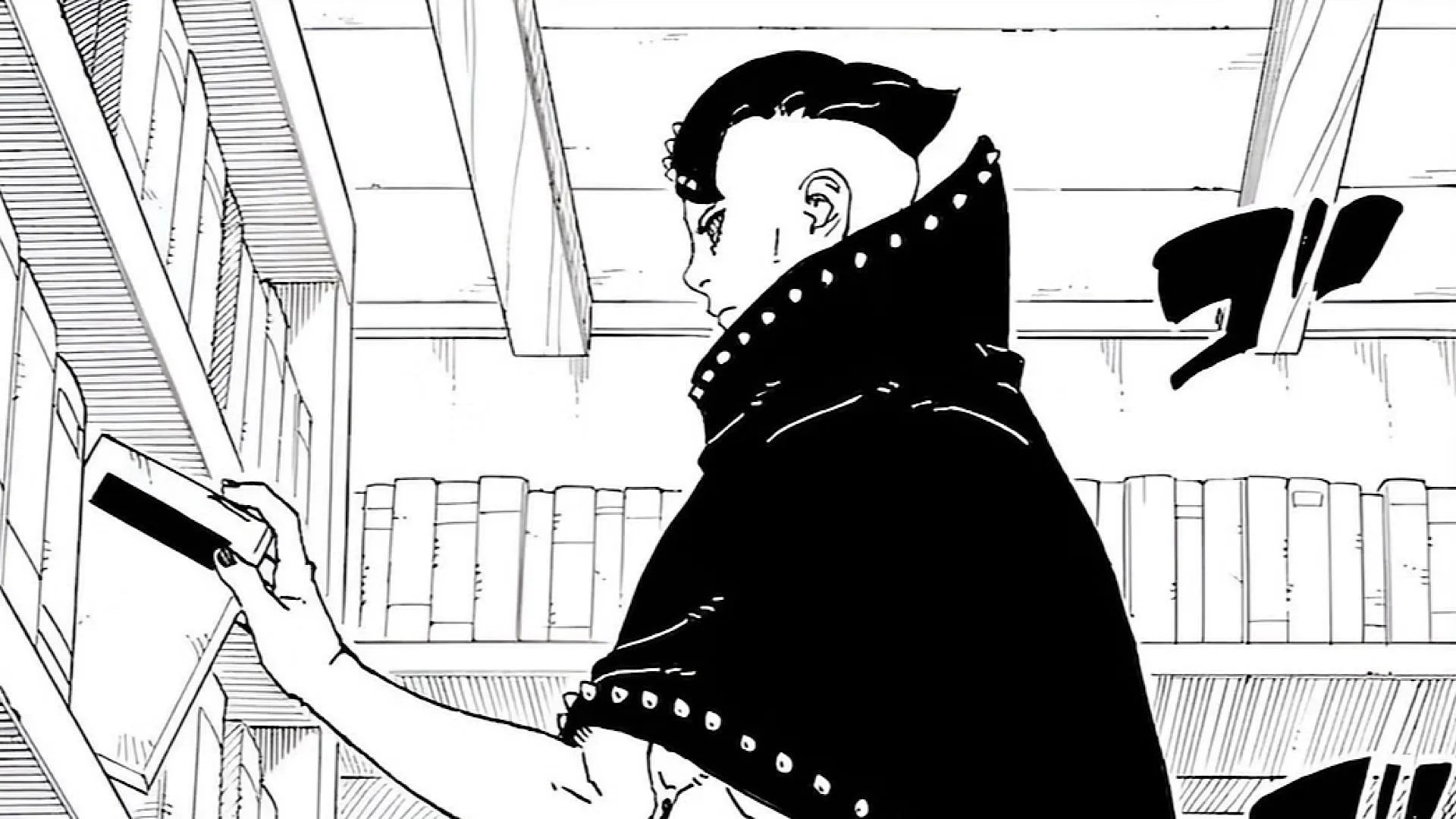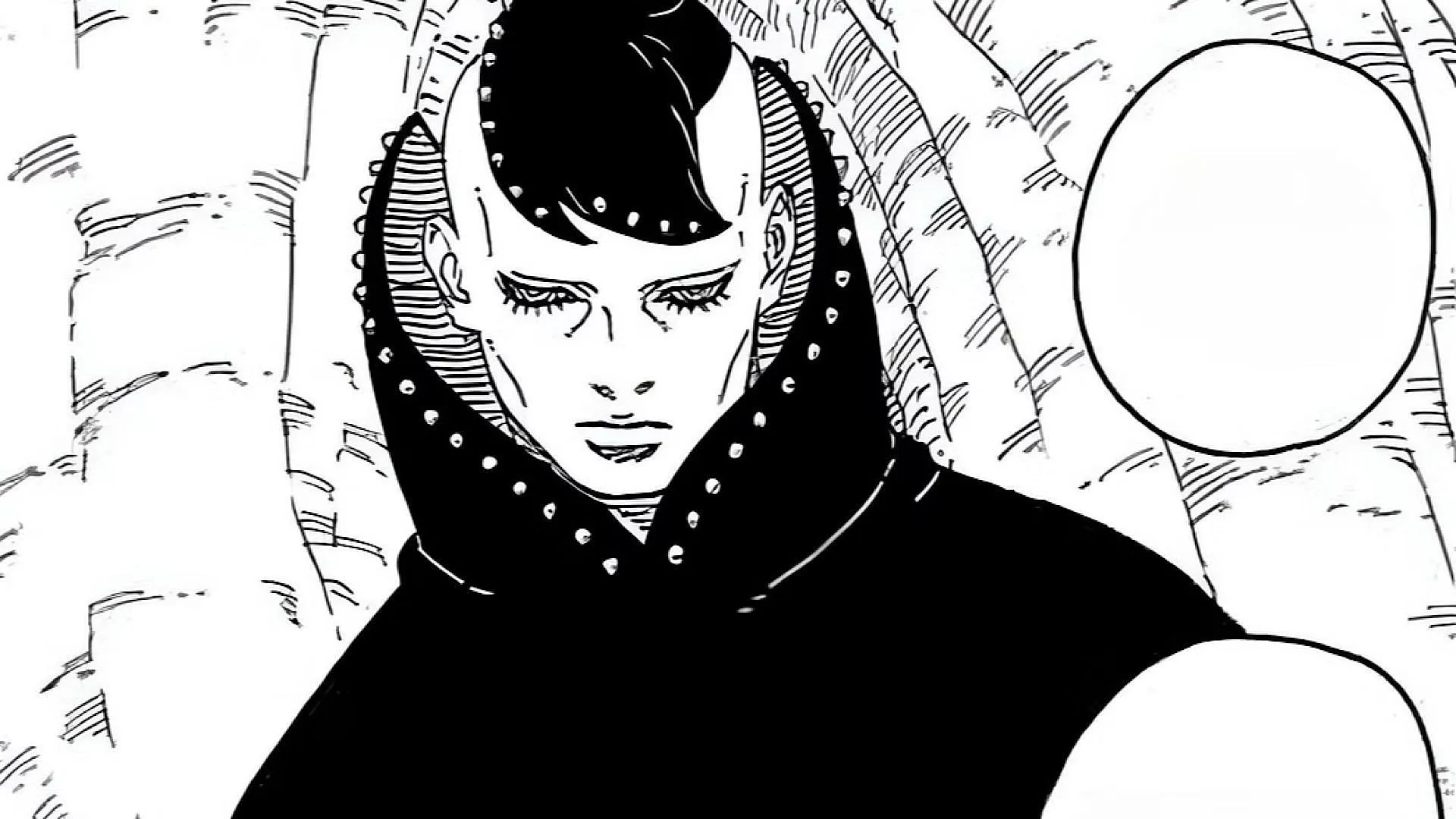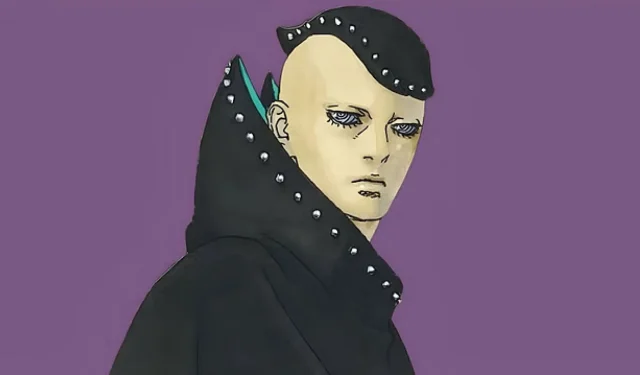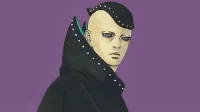The Boruto saga has not only expanded the lore of Naruto but has also introduced an array of intriguing antagonists. While the series Boruto: Naruto Next Generations explored the origins tied to the Otsutsuki clan, the sequel Boruto: Two Blue Vortex shifts focus to a novel threat emerging from the Otsutsuki’s familiar, the Ten-Tails. This new entity, known as the Shinju, represents a fascinating development in the franchise’s narrative.
Though the Shinju may not emerge as the primary villains in Two Blue Vortex, they embody a significant challenge. Their naivete makes them particularly compelling, akin to the artificial intelligences depicted in the iconic film The Matrix. Unlike the highly developed AI, the Shinju lack a profound understanding of human emotions, which places them at a disadvantage in their quest for evolution.
In the latest chapter, character Jura emphasizes the concept of evolution, asserting that all beings should strive for progress. However, he also cautions about the perils associated with love, failing to recognize that love is a core strength of humanity. This essential emotion not only fuels human survival but is also a potential key to the Shinju’s own advancement—a notion they mistakenly view as regressive.
Disclaimer: This article reflects the author’s opinion and may contain spoilers.
Challenges to the Shinju’s Evolution in Boruto: Two Blue Vortex

Among the most formidable foes in the Narutoverse, the Shinju possess extraordinary strength and agility, along with the ability to manipulate various chakra styles and execute techniques native to their origins. However, their potent powers are undermined by a significant deficiency: their limited life experiences and emotional depth. Their desire for evolution is hampered by a fundamental absence of love.
The Shinju, representing a mere imitation of seasoned ninjas, mistakenly consider themselves superior, believing that their lack of a sacrificial nature elevates them. This misconception is shattered when Matsuri encounters Konohamaru, illustrating the richness of existence beyond Jura’s sterile commands. Each Shinju may harbor similar sentiments; however, unlike humans, they lack the extensive time needed to cultivate their emotional intelligence.
Jura advocates for trusting instincts, overlooking the destructive inclination inherent in the Shinju’s Ten-Tails ancestry. This lineage, having lived solely as an agent of destruction, impedes their ability to grasp the concept of altruistic existence. Their instincts, rooted in a legacy of devastation, do not align with the principles of empathy and sacrifice that characterize human nature.

Even the Otsutsuki clan, representing another layer of antagonism, grapple with similar limitations when interacting with Earth. Historical figures like Isshiki and Kaguya, despite their formidable powers, faced continual defeat against humanity. Their singular focus on power, devoid of mutual affection, prevents meaningful connections that could lead to understanding and success.
The overarching narrative of the Narutoverse champions the notion of Shinobi standing together in solidarity. While Jura posits that love is a perilous emotion, his perspective is exclusively his own. As one of the few Shinju disconnected from the Shinobi lineage, he may never fully comprehend love’s significance. The implications of a possible civil war among the Shinju, instigated by the complexities of love, could foreshadow an engaging narrative twist.
Conclusion
For the Shinju to actualize their potential evolution in Boruto: Two Blue Vortex, they must learn that love is not an obstacle to overcome but a vital aspect to embrace. Humans triumph not merely through strength but because they are willing to sacrifice themselves for greater causes. This willingness to protect loved ones is what empowers ninjas, illustrating that emotional connections catalyze true strength.


